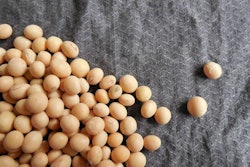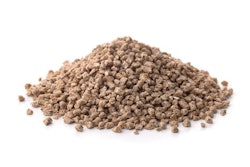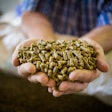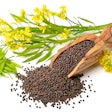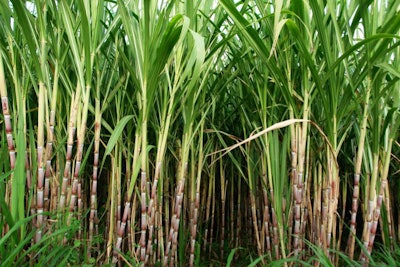
Officials in the Indian state of Maharashtra are asking sugarcane producers to cut their crop in order to feed cattle. The drought-stricken region is running out of fodder and this could be a valuable alternative.
Sugarcane may offer unique advantages over other field crops as a forage for cattle in tropical and subtropical areas.
Maharashtra has opened 1,501 cattle camps in response to the issues. Thousands of cows and buffalo in the camps are in need of fodder, an official from the animal husbandry department said in a report from the Tribune India.
As prices for fodder have doubled and supply continues to lessen, Maharashtra government has allowed contractors opening the cattle camps to cut down shrubs, trees and plants.
In May, the state’s officials put a stop to the crushing of sugarcane. Irrigation has also been stopped, so farmers are selling their standing crop to cattle camp contractors, the report.
These efforts are not enough. The government has increased payments to contractors in efforts to help.
"The state government has increased payments to contractors at the rate of INR100 (US$1.45) per fully grown animal per day, while it is INR50 for every calf," a state government official said in the report.
Camp contractors are said to be buying the sugarcane at the rate of INR4 to INR5 per kilogram.
Is sugarcane a valuable option?
According to a study from the University of Florida Extension: “As the percentage of sugarcane in the diet increased, rate of gain, feed utilization and carcass quality decreased. These results would be expected since the energy value of sugarcane was lower than that of corn grain and citrus pulp which sugarcane replaced. Increasing levels of sugarcane in the diet also resulted in less (dry matter) intake, which would limit rate of gain.”
Sugarcane should only be used when other forage is very limited.
“Sugarcane, itself, should be grazed only in emergency situations, and then only once annually and in a manner to completely clean the grazing area within one week,” the study report said.

